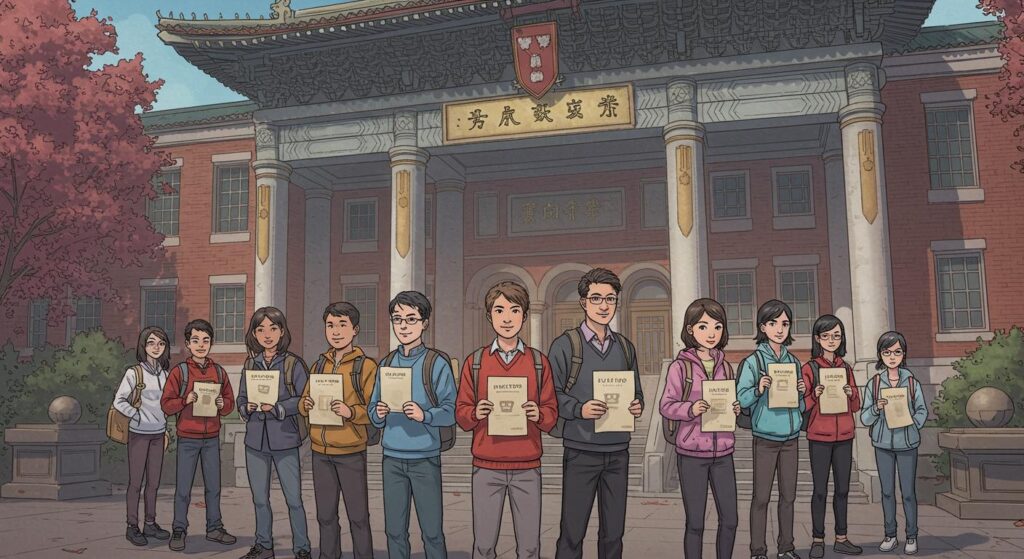It’s not every day that the highest court in one of the world’s largest democracies waives punishment for a convicted offender—let alone in a case involving a minor, sweeping sex offense statutes, and enough social commentary to make legal scholars squint. But that is precisely what unfolded in India, where the Supreme Court invoked its rarely used constitutional authority to sidestep the usual legal consequences, as first reported by India Today. The result: a curious case study in the friction between statute, circumstance, and deeply human realities.
Legal Timeline: From Routine Conviction to Extraordinary Intervention
According to the detailed chronology outlined in India Today, the story began in 2018, when a 14-year-old girl from West Bengal was reported missing. Days later, her family discovered that she had married a 25-year-old man. Alarmed, her relatives filed a criminal case, resulting in the man’s conviction under India’s Protection of Children from Sexual Offences (POCSO) Act—which takes a zero-tolerance stance on sexual activity with minors, regardless of consent—and a 20-year prison sentence followed.
The next plot twist arrived in 2023, when the Calcutta High Court overturned the conviction. As highlighted by Odisha Bytes, the High Court’s opinion did more than acquit; it opined that adolescent girls should “control sexual urges” and suggested that society will always see them as the “loser” in such scenarios—remarks which promptly drew public condemnation and, one assumes, a good deal of arching eyebrows.
Given the uproar, the Supreme Court stepped in for a closer look. India Today notes that in August 2024, a bench led by Justice Abhay Oka and Justice Ujjal Bhuyan reinstated the man’s conviction but put sentencing on hold, sending the case in a direction few expected. Instead of simply announcing a punishment, the justices directed the West Bengal government to establish an expert committee—including psychologists and child welfare specialists—to investigate the woman’s current circumstances and well-being.
Justice (with an Asterisk): Article 142 and “Complete Justice”
The results of this fact-finding mission proved pivotal. As described in the expert panel’s findings, quoted in Mangalore Today, the now-adult woman—who lives with the man and their child—did not see the relationship as a crime and was, in fact, “very possessive” about her family. The Supreme Court, reviewing the panel’s sealed report, concluded that it was not the act itself but the reactions from law enforcement, the courts, and her own relatives that caused her deeper trauma.
Reflecting on the case, the justices remarked, “Society judged her, the legal system failed her, family abandoned her,” as recounted in both India Today and Mangalore Today. One can practically hear the collective legal sigh.
Weighed against these personal circumstances, the Supreme Court invoked Article 142 of the Indian Constitution—its broad authority to issue any order necessary to do “complete justice.” The Odisha Bytes report elaborates that Article 142 is a seldom-used mechanism, previously deployed in cases as significant as the Bhopal gas disaster and the Ayodhya dispute, to address situations where the machinery of statute runs aground against the rockier shores of lived reality.
In this scenario, as Mangalore Today adds, imposing the statutory jail term would, according to the Court, simply create more harm: disrupting a formed family unit and inflicting additional suffering on the woman the law was designed to protect.
The Law Versus Messy Life
This was never a case of legal ambiguity: by the letter of Indian criminal law, especially under the POCSO Act (explained in depth by Odisha Bytes), sex with a minor is a crime, no matter the presence of consent or post-facto marital vows. Historically, this strictness has resulted in courts convicting even in cases of mutual teenage romance, as noted in discussions of case law by Odisha Bytes.
But this case was different, largely because the “victim” repeatedly expressed that she did not see herself as such. Instead of exploitative abuse, the Supreme Court panel was confronted with a picture of emotional attachment and present-day stability. Odisha Bytes contextualizes this, noting the Court’s warning that “she did not have the opportunity to make an informed choice earlier. The system failed her at multiple levels.”
If the purpose of such laws is to protect, not punish the protected, what should the system do when the would-be protector becomes, in the words of the woman and the Court, the true inflictor of harm? The Supreme Court’s response, in this instance, was to invoke its “complete justice” authority and forgo a sentence despite a confirmed conviction—effectively saying, sometimes the rules are simply not enough.
Broader Ripples: What Next for Legal Consistency?
This judgment lands in a legal grey zone. As Odisha Bytes observes, the Supreme Court’s approach does not dilute the existing child protection statute. Rather, it signals an evolving jurisprudence where the individual story takes precedence over statutory rigidity—at least when Article 142 beckons. The tension between universal protection and respecting nuanced, lived experience is not new, but seeing it resolved so explicitly—and publicly—in the nation’s highest court, is rare.
In various sections, Odisha Bytes and India Today both highlight the likely broader impact: this ruling will almost certainly invite debate about the implementation of the POCSO Act, especially in cases where autonomy, adolescent romance, and post-crisis victim agency are at play. It also shines a typically harsh fluorescent light on the lingering gaps in legislation meant to shield, rather than scar, those at the heart of such cases.
Reflection: Law, Limits, and the Incurable Human Factor
One cannot help but note the irony that a statutory framework enacted to ensure strict protection for minors eventually contributed to the prolonged trauma of its supposed beneficiary. The story, as recounted across these outlets, poses uncomfortable questions: When should legal systems bend? Can distinctions between exploitative and consensual relationships with minors ever be drawn safely? Or, more cynically, does selective intervention by the highest court simply create new inconsistencies?
The Supreme Court’s use of Article 142 here is distinctly human—an attempt to solve a problem the law was not built to handle, at least not so rigidly. If this is, as the Court itself mused, an “eye-opener for everyone,” one wonders what doors it will open next. Is it a one-off bandage, or a subtle invitation for broader reform? At the very least, it’s further proof that the messiest cases serve as the truest tests of both law and conscience—and that neither is likely to come away unscathed.







